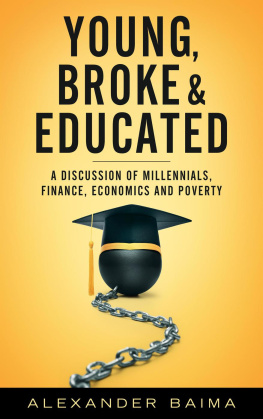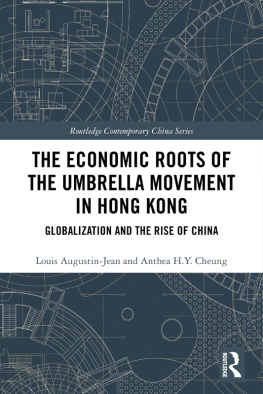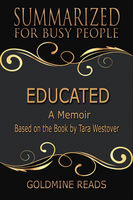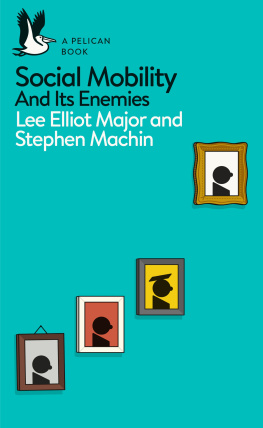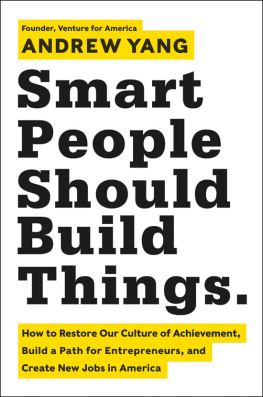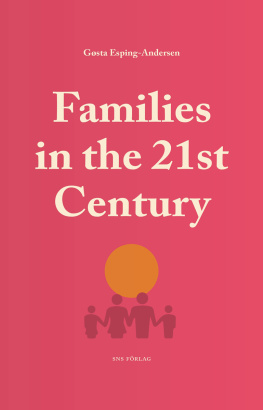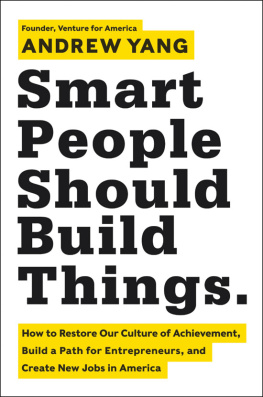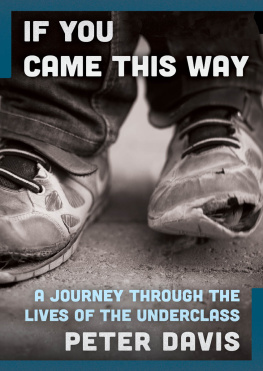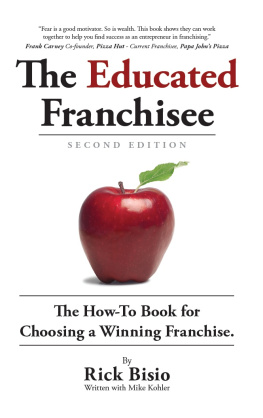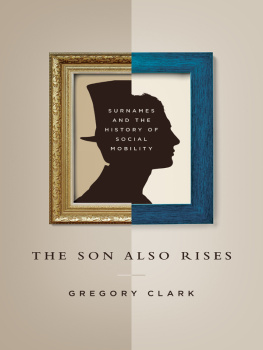First published 2019 by Pluto Press
345 Archway Road, London N6 5AA
www.plutobooks.com
Copyright Gary Roth 2019
The right of Gary Roth to be identified as the author of this work has been asserted by him in accordance with the Copyright, Designs and Patents Act 1988.
British Library Cataloguing in Publication Data
A catalogue record for this book is available from the British Library
ISBN 978 0 7453 3923 8 Hardback
ISBN 978 0 7453 3922 1 Paperback
ISBN 978 1 7868 0441 9 PDF eBook
ISBN 978 1 7868 0443 3 Kindle eBook
ISBN 978 1 7868 0442 6 EPUB eBook
This book is printed on paper suitable for recycling and made from fully managed and sustained forest sources. Logging, pulping and manufacturing processes are expected to conform to the environmental standards of the country of origin.
Typeset by Stanford DTP Services, Northampton, England
Simultaneously printed in the United Kingdom and United States of America
Acknowledgments
Because this project was so long in the imagination, it owes thanks to many people, including Richard Seltzer, Susan Carruthers, Grace Roosevelt, Jules Bartkowski, Fran Bartkowski, Peter Sieger, Clay Hartjen, Barbara Foley, Carolyne White, and Matias Scaglione, all of whom listened and responded at key moments. From the Department of Sociology at Rutgers-Newark, my appreciation to Sherri-Ann Butterfield, Genese Sodikoff, Jamie Lew, and Chris Duncan for their support. Also to Anna Austenfeld for her expertise with the graphics and David Shulman from Pluto Press for shepherding this along.
Former students spoke to me in depth about their upbringings, parental understandings of education and class, and their experiences on the job market. Their openness and keen insights find expression throughout the text: Stephanie Avila, Stephanie Blissett, Maurice Chambers, Kaneesha Helms, Daniel Hernandez, Maisem Jaloudi, Bianca Lesende, Ashley Pennington, Ghada Saleh, Letisha Springer, and Alicia Vega.
Paul Mattick encouraged me to write about education by opening The Brooklyn Rail to my first forays into the field. Some passages are incorporated into what follows. He also urged me to keep rewriting until this version finally appeared.
Julie Shiroishi helped me untangle a draft that had left me also in knots. She possesses an unusual gift for clarity.
To Anne Lopes, who continues to push against a system for any openings it might provide on behalf of students.
Preface
For many years I experienced up close the byways of the collegiate system, at first as a student at a mid-sized residential college, then as a college dropout, and finally as a slightly older returning student at a large public university. It was a meandering and often frustrating journey, but it was within this world that I would eventually make my career. An in-service teacher education program and a doctorate overseas rounded out my student experiences.
What followed was a stint as a full-time adjunct (teaching the same course thirteen times in two-and-a-half years) and a position as the director of a for-profit school that trained ability-to-benefit students (for example, high school dropouts) for entry-level word processing and data entry jobs. I had traversed the educational continuum, even though this had not been my intention.
A series of positions within the academic affairs arena of an urban public research institution came next. This always entailed pushing against rigid rules and the lack of institutional response to the needs of students. To have any impact required an effort that began in the forty-first hour, such were the week-to-week demands of administration. Politically, I viewed this as being a good social democrat, about as much as anyone could hope to achieve within the confines of the existing educational system. Without a strong a priori commitment, even this was utopian.
For the last several years I have taught full-time, a sort of golden parachute for senior administrators with lengthy terms of service. This has given me an opportunity to express ideas more fully and more openly than before. But how to do so with undergraduates has been an ongoing puzzle, since they present their own unique complications as learners.
Mass education, rather than elite instruction, has been my motivator. A special challenge is represented by the attempt to extract the best teaching and pedagogic practices that have been distilled at small liberal arts institutions and then adapt them for a diverse, urban, and often undereducated student body. What does one mean, for instance, by faculty-student interaction when sixty students sit in the classroom?
My students live in a world quite familiar to me. My family, a product of the post-World War II baby boom, rarely if ever mentioned class. Religion was the more relevant discussion, a result of an inter-marriage that my fathers extended family could not accept. This was a source of keen resentment for my parents, even though neither was particularly devout. Class, however, might have been just as intense a focal point.
As a child during the 1930s Great Depression, my mother was proletarian through-and-through. It was a time of deep unhappiness for her. Her father, already reduced from the ranks of a silversmith to that of an ad hoc refuse collector, was removed from the household because of tuberculosis. The sanitarium was three hours distant, a bus ride with multiple connections. Throughout her adolescence, a few odd family visits dotted his last five years. Family lore held that if my mother had grown up wealthy, a full-fledged medical career might have been possible, rather than employment as a high school-educated lab technician. It was a question of intelligence, but without the requisite education.
My fathers story was much more complicated. His father, an immigrant, worked in sweatshops and attended night school in order to complete his secondary education. Because he was literate and male, he held a position as a supervisor and served as a shop steward. Advanced training as a pharmacist followed. My fathers brothers were both college-educated, one also as a pharmacist, the other gained his Ph.D. in physics and built missiles for a career. My father, though, was a high school dropout, a life-determining decision made halfway through adolescence. At age fifteen, he falsified his birth certificate and joined the merchant marine.
About my grandmothers, nothing was ever said, either in terms of education or occupations. But whereas non-working wives were once taken as signs of a familys success, over the last half-century such situations became exclusive markers for either the very wealthy or the abjectly poor.
My parents spent the post-war decades, my childhood, clawing their way into what they considered the middle class. In truth, my parents were part of a bifurcated working class that emerged during the second half of the twentieth century, convinced that advanced education was the means for their children to exit a fate that they had not succeeded in escaping. The focus on education almost seemed to cleave the working population into two discrete groups. For my students too, working class is not a self-description freely chosen.



